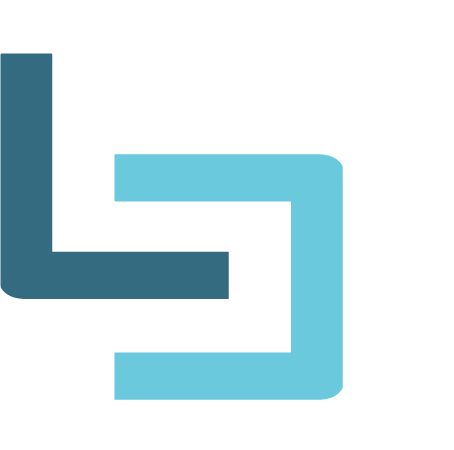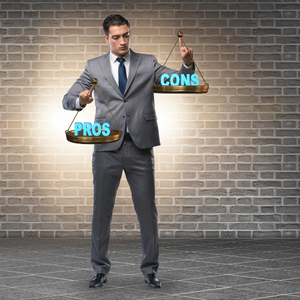
When shopping around for personal loans, you will notice that there are two main types of loans you borrow: secured and unsecured. What is the difference between the two, and is one better than the other?
Secured Vs. Unsecured Loans: A Brief Breakdown
The key difference between an unsecured and secured loan is collateral. When you take out a secured personal loan, the lender wants a guarantee that it will recover payment even if you default. That guarantee, or collateral, typically comes in the form of something valuable, such as a vehicle or home. If you fail to repay the loan per the agreement, the lender can take possession of the collateral.
When you apply for an unsecured loan, you do not have to put down any collateral. A lender will assess your worthiness based on your credit score and, in some cases (such as with a personal loan), your income. The most common types of unsecured loans include student loans, credit cards and personal loans.
Which Type of Loan Is Right for You?
At first glance, you might think that going with an unsecured personal loan is the better choice. However, before you decide, you should learn more about how each type of loan works so that you can better decide which is right for you.
Secured Loans
Secured loans are backed by an asset, such as a savings account, car or certificate of deposit. Because of this, they typically come with lower annual percentage rates than unsecured loans, making them a smarter money management decision for borrowers.
Secured loans are ideal for borrowers with poor to average credit scores and those who wish to make large purchases. Lenders are often unwilling to lend large amounts of money to any borrower without guarantee of repayment. Using an asset with value to secure the loan is a more reliable way to ensure you will repay it.
Though secured loans come with a few benefits, you should carefully weigh the consequences of losing the asset you pledge as well as your financial stability. If you have any doubt regarding your ability to repay, for instance, it may not be a great idea to pledge the vehicle you use to drive to work.
Unsecured Loans
Lenders take more of a risk when handing out unsecured loans, as they base their decisions on only creditworthiness and the ability to repay. Because of this, unsecured loans typically come with higher APRs and stricter qualification requirements.
Unsecured loans are ideal for individuals with good to excellent credit histories and who do not want to risk losing an asset. That said, borrowers still face consequences for defaulting on an unsecured loan. If you fail to repay an advance, your credit score will suffer, and you may find yourself the subject of a lawsuit. If the creditor wins, you must repay what you owe in addition to legal fees.
Before Taking Out a Loan
Before you take out a personal loan, whether secured or unsecured, seriously consider your reasons for doing so as well as your ability to repay. When calculating how much you can reasonably afford each month, always include the interest, as it may change the amount substantially. Finally, be sure to explore all your options. Use LoanConnect’s Personal Loan Search Engine to find loans at the most competitive rates and that best suit your needs.



